Jordan's King Abdullah, Prince Hamzah make first joint appearance since ‘plot’ crisis
Jordan’s King Abdullah II and his half-brother Prince Hamzah, who is accused of plotting to oust the monarch, have made their first joint public appearance since a rift shook the country amid allegations of a coup attempt.
On Sunday, Jordanian state TV showed King Abdullah II, Prince Hamzah, Crown Prince Hussein and other members of the royal family attending a ceremony marking 100 years of the kingdom’s independence, while they were laying wreaths at the Tomb of the Unknown Soldier as well as royal tombs in Raghadan Palace in Jordan’s capital, Amman.
The royal palace also released a photo on its Twitter account of the royal family at the cemetery where their ancestors are buried, with the caption "HM King Abdullah II, HRH Crown Prince Al Hussein... (and) Hamzah bin Al Hussein... visit tomb of HM the late King Abdullah I."
This was their first public appearance together since a rare palace feud and coup plot allegations last week.
Last Saturday, the military warned Prince Hamzah over actions it said were undermining "security and stability" in Jordan.
Hamzah later said he was under house arrest, accusing the kingdom's ruling system of corruption, incompetence, and harassment. Several high-profile figures were also detained.
Prince Hamzah was accused of liaising with people who had contacts with foreign parties in a plot to destabilize Jordan, an important ally of the United States, and that he had been under investigation for some time.
The half-brother of King Abdullah and former heir to the throne said in a voice recording released by Jordan's opposition that he would not comply after being barred from any activity and told to keep quiet.
Late on Monday, Hamzah pledged loyalty to King Abdullah II after mediation by the royal family.
On Wednesday, King Abdullah said sedition had been quashed, adding that Hamzah is “under my care” with his family at his palace.
King Abdullah II had appointed Hamzah, a popular figure close to tribal leaders, crown prince back in 1999 in line with his father King Hussein's dying wishes. However, in 2004, he stripped Hamzah of the title and gave it to his own eldest son Hussein.
Analysts believe that the current political upheaval in Jordan originates from a number of factors including the royal family feud and infighting over power, the economic crisis in the country and a surge in COVID-19 cases that have resulted in public outrage against the government, as well as political rivalries among regional states provoked by the so-called Abraham Accords that saw several Arab states normalize their relations with the Israeli regime.
King Abdullah II has ruled Jordan since the 1999 death of his father, King Hussein, whose reign extended close to half a century.
Israeli prosecutor admits still can’t find October 7 'rape' victims
Qassam Brigades warns Israel will pay ‘in blood’ for its aggression
Yemeni security forces dismantle Saudi, British espionage network
VIDEO | Press TV's news headlines
Canada's PM Trudeau resigns, suspends parliament till March
France's former president Sarkozy on trial over 'Libyan case'
I'm undeterred in my pursuit of justice against Israeli soldiers despite threats: Lawyer
Iran embassy slams British MP’s support for Soleimani assassination


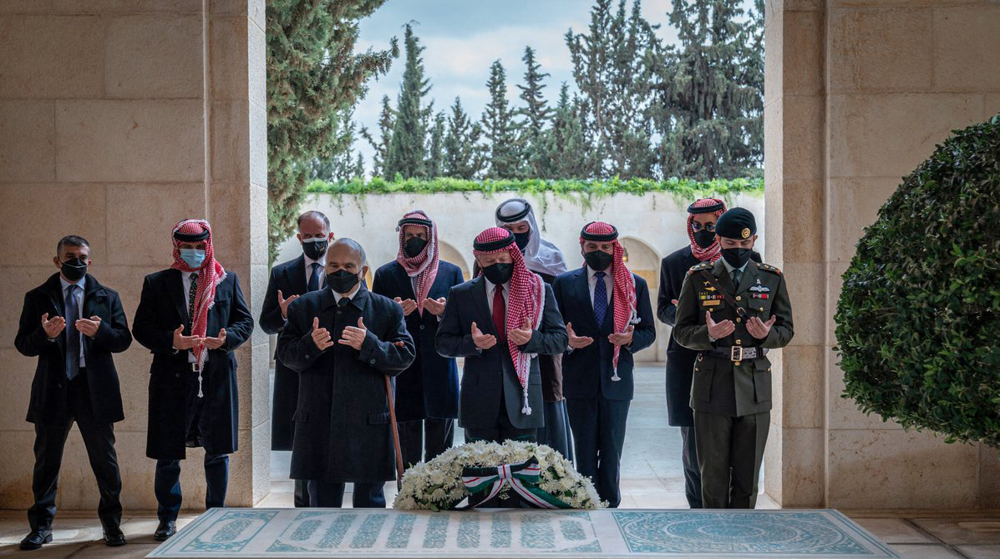
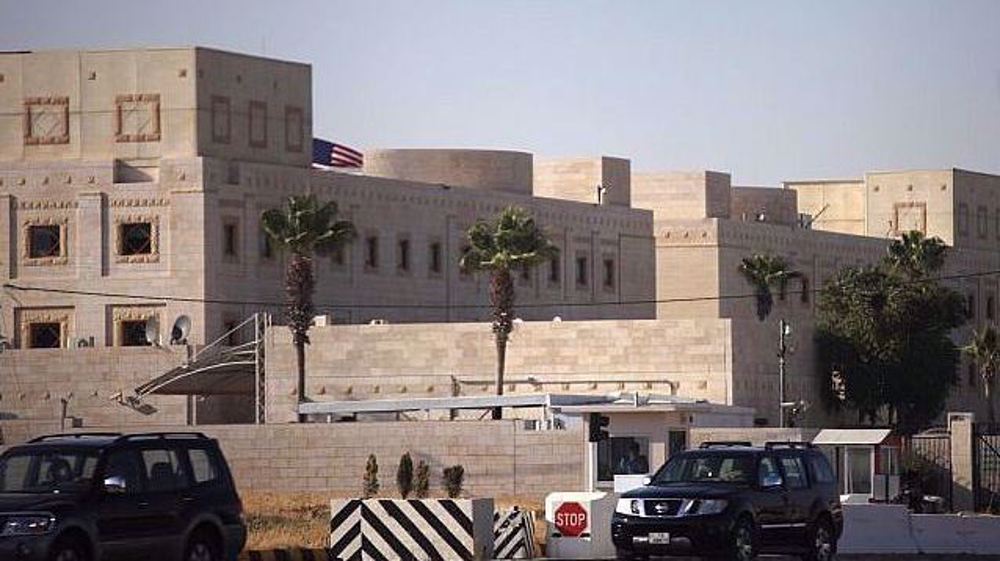
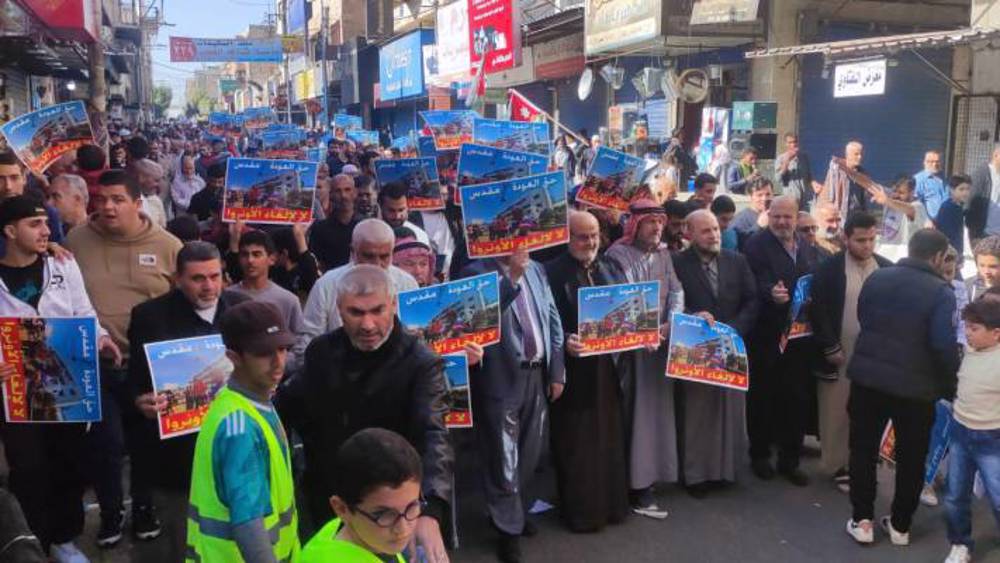
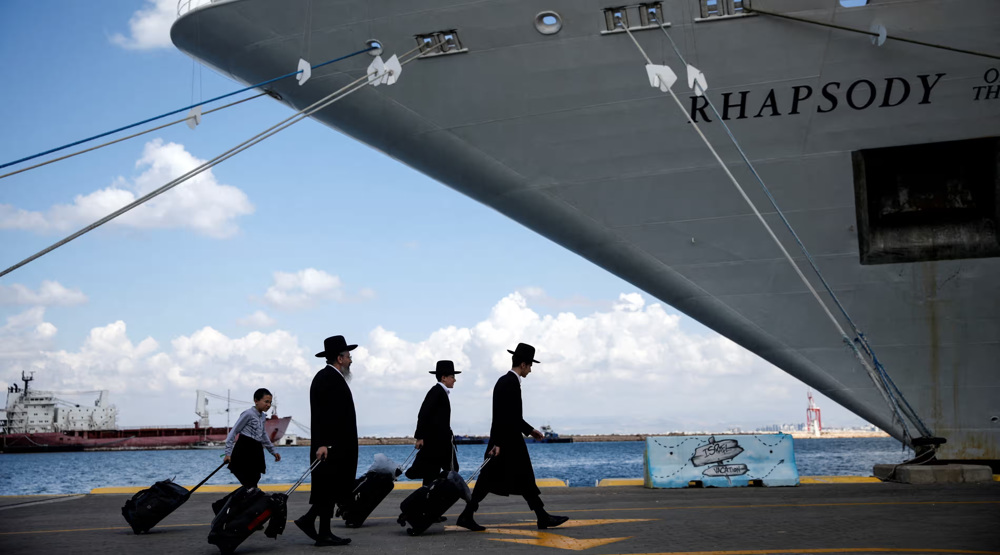



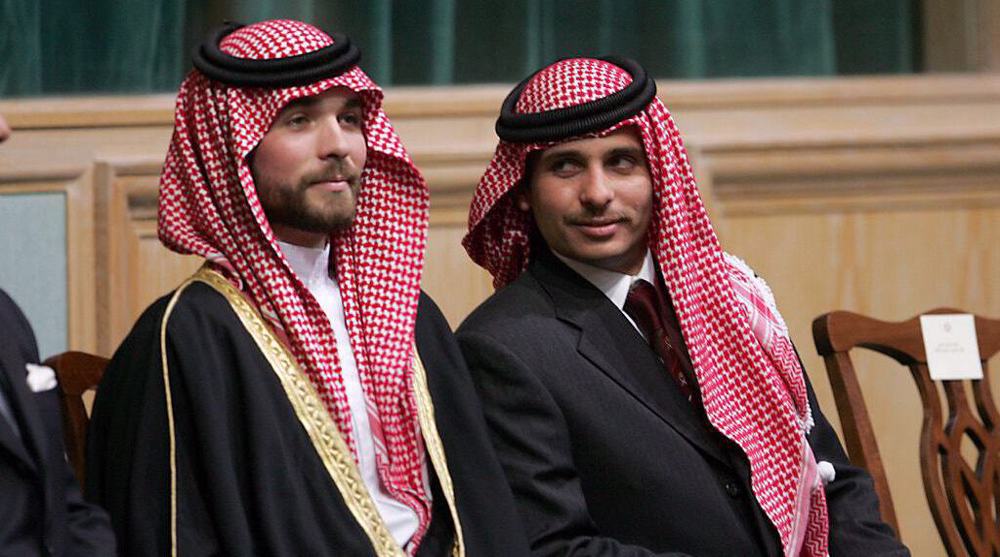
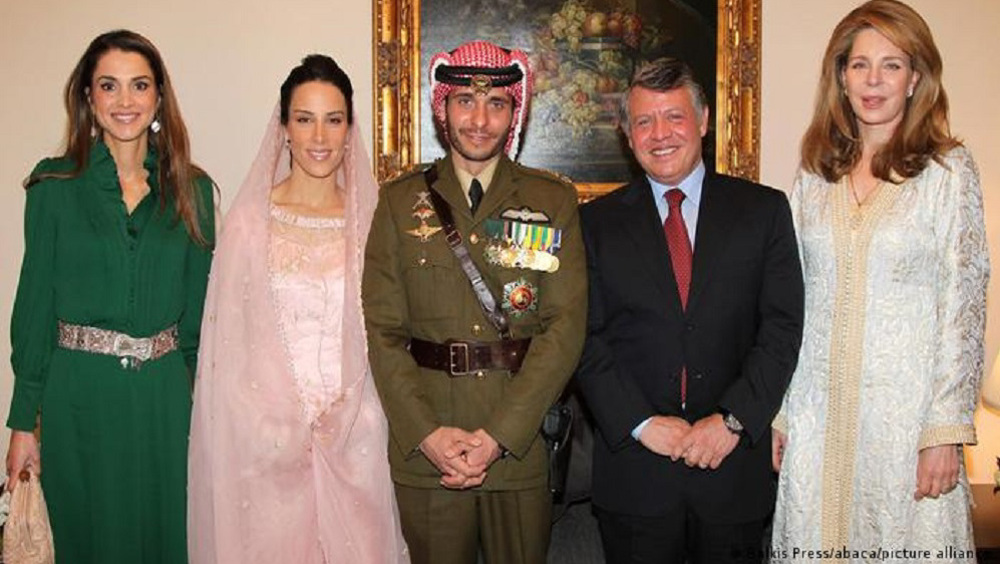
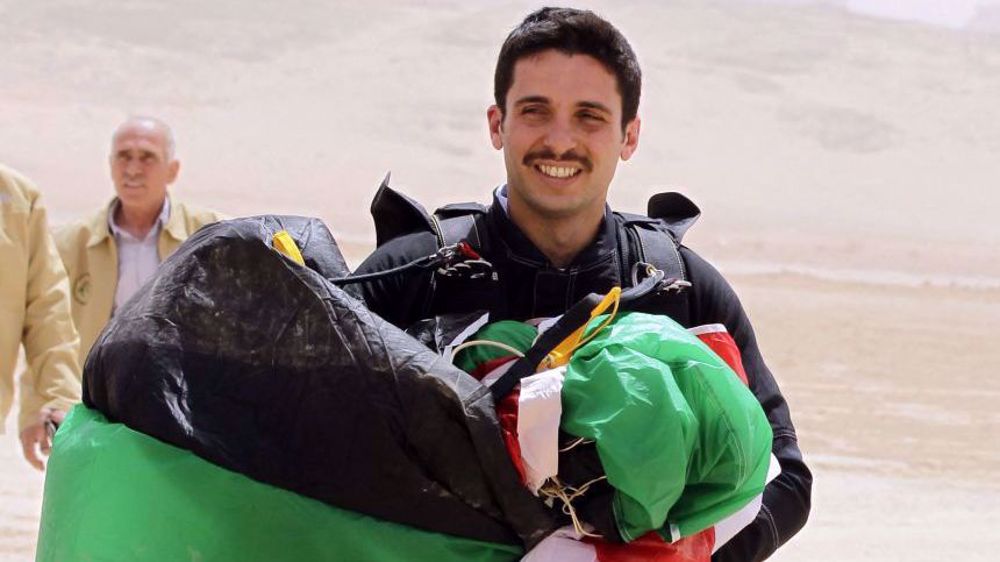
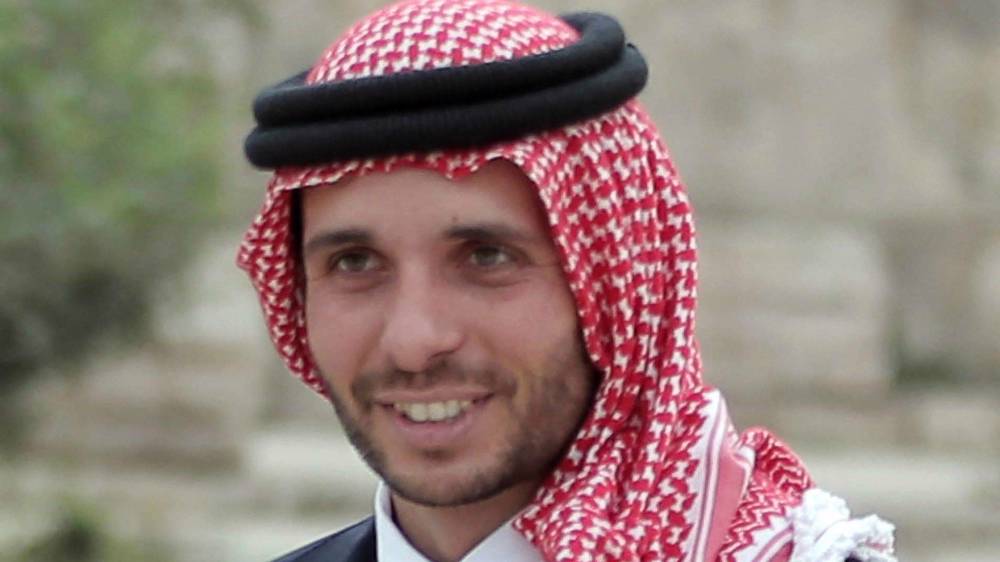

 This makes it easy to access the Press TV website
This makes it easy to access the Press TV website